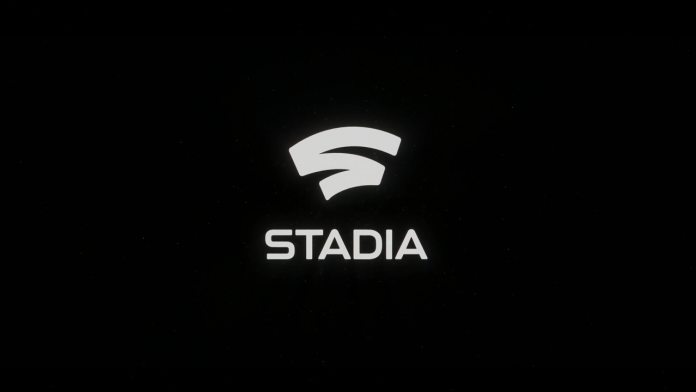As pointed out by The Verge’s Tom Warren, this uses the same techniques as past efforts. Microsoft’s app uses the same underlying engine as Chrome and Google avoids any statement of incompatibility. Instead, it has blocked the browser’s user agent string (UA). This is easy to test by changing the string in developer settings, in which the message disappears. For casual users, however, the prompt to ‘Use Google Chrome to play Stadia on computers & tablets’ will feel like a necessity. No doubt they’ll download the browser, and some will stick with it.
— Tom Warren (@tomwarren) January 1, 2020
Too Many Mistakes
In the past, Google has labeled such mishaps a mistake, but it happens so frequently that users are rightly suspicious. In the past, though, the issue has been caused by a strange in user agent string on Microsoft’s end which means the browser is no longer on the whitelist. Chrome also As Google is yet to issue a statement on this change, we can’t point fingers in either direction. It’s possible that further testing will reveal issues with Chromium Edge, but it’s unlikely Google will rush to remedy any issues, and its silence on the matter says a lot. Additionally, the assumption that Google is blocking Edge because it’s a pre-release browser doesn’t hold water. Stadia works on Chrome Canary and any other beta browsers that use Chrome’s UA. Google isn’t the only company to do this, with the new Skype for Web experience becoming temporarily unavailable to Chromebooks in March of last year. Still, given the recent Google blocks of the new YouTube and Google Drive and Google’s reported shady past, I remain skeptical.




